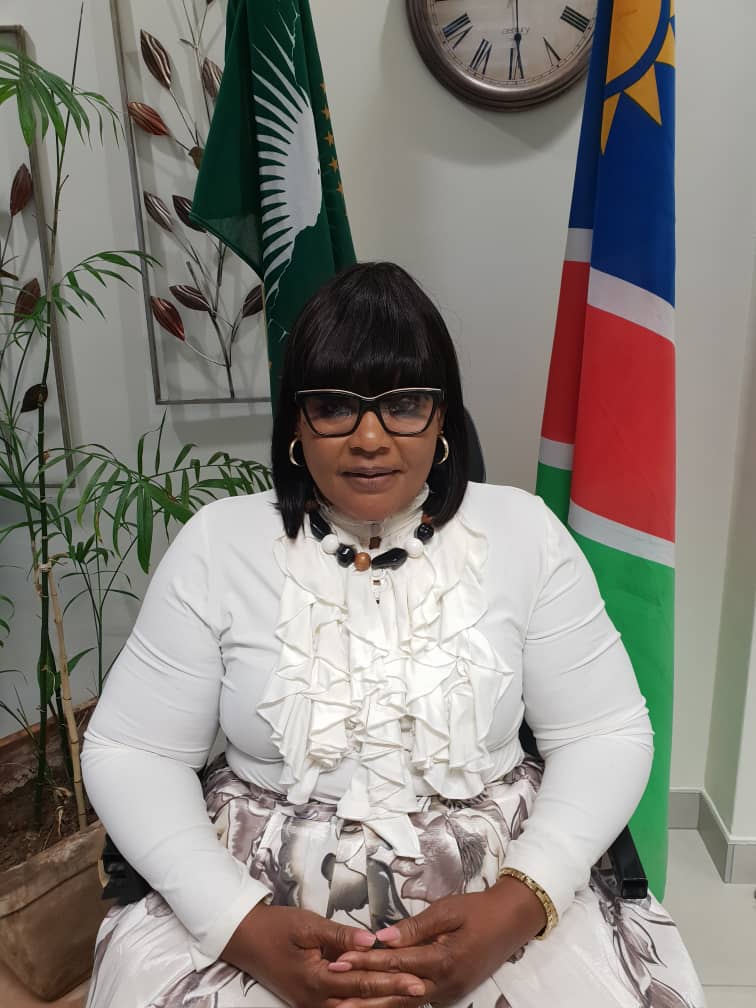Lahja Nashuuta
Deputy Minister of Disability Affairs Alexia Manombe-Ncube has reiterated government’s unwavering support for the welfare and rights of people with disabilities.
In a recent interview with New Era, she said the Namibian government – through the Ministry of Gender Equality, Poverty Eradication and Social Welfare – is committed to promoting the welfare of people with disabilities, enhancing their dignity, and well-being and also empowering them to attain a sense of autonomy.
Manombe-Ncube said policies and initiatives have been introduced to ensure that individuals with disabilities have access to education, employment and other opportunities.
“Namibia has ratified the United Nations Convention on the Rights of Persons with Disabilities (UNCRPD), which emphasises the rights and inclusion of people with disabilities in all aspects of society. Additionally, the Employment Equity Act of 1998 addresses issues related to equal opportunities and fair treatment in employment, including provisions for individuals with disabilities,” she noted.
She, however, acknowledged that although the government has done much work to improve the lives of people with disabilities, more can be done to address the barriers towards ensuring that the challenges they face are addressed.
“A lot can be done to involve people with disabilities.
We have a lot of advocacies to do. The political will is there, but the fight continues,” Manombe-Ncube noted.
Some of the disability inclusion initiatives involve awareness campaigns, reasonable accommodation, and efforts to eliminate discrimination and barriers to employment for people with disabilities.
“We have had a sector policy on inclusive education since 2013, through which we are pushing for the latter. Our argument is that if the child’s mental capacity is intact, then there is no reason why they should be denied access to mainstream education,” the politician stressed.
She said although people with disabilities constitute about 5% of the total population – according to the population census of 2011 – their penetration into industries is very minimal. This is despite them having gone to universities and being equally skillful.
“As a gender equality ministry and disability affairs division, we currently have programmes in place which intend to increase public awareness and understanding of disability issues through campaigns and community outreach programmes,” the deputy minister observed.
Manombe-Ncube then revealed that through her ministry, the government will work with disability organisations and other stakeholders to develop and implement disability-inclusive policies and programmes that promote the rights and welfare of persons with disabilities.
“Our vision as a government is to attain an inclusive and equitable society in which people with disabilities are treated equally,” she reiterated.


